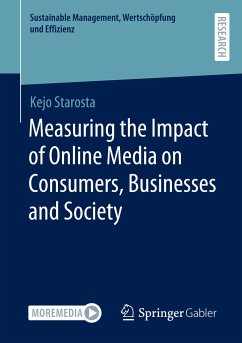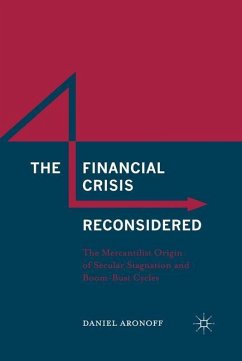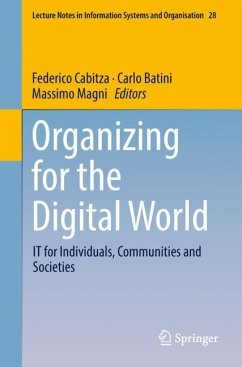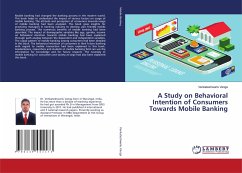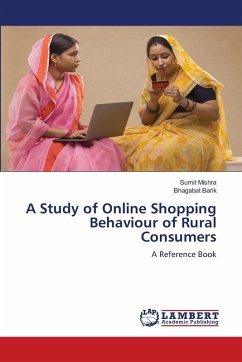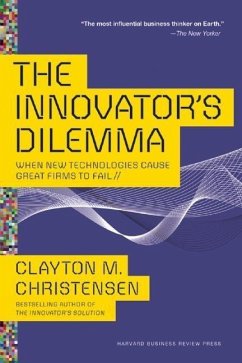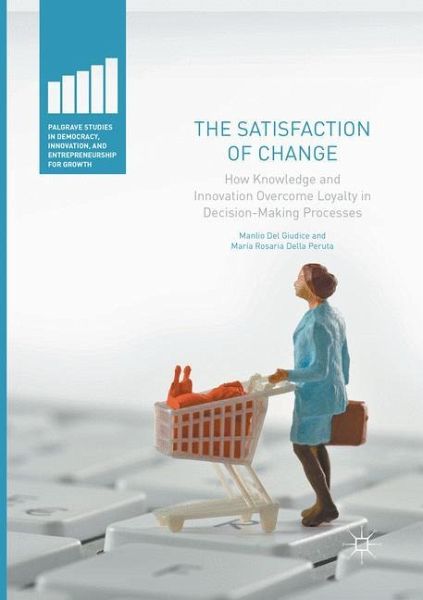
The Satisfaction of Change
How Knowledge and Innovation Overcome Loyalty in Decision-Making Processes
Versandkostenfrei!
Versandfertig in 6-10 Tagen
83,99 €
inkl. MwSt.
Weitere Ausgaben:

PAYBACK Punkte
42 °P sammeln!
This book analyzes the impact of the digital economy on customer satisfaction, shopping experience, resistance to change, script theory, and loyalty. The model introduced assumes that online markets have led to a redefinition of the concepts of loyalty and shopping scripts as a way to reduce customers' cognitive effort, by optimizing purchase time and increasing the speed and satisfaction of the shopping experience. It describes the utility function of the script by retaining customer loyalty and making the customer more reluctant to abandon his regular supplier. It also explores the difficult...
This book analyzes the impact of the digital economy on customer satisfaction, shopping experience, resistance to change, script theory, and loyalty. The model introduced assumes that online markets have led to a redefinition of the concepts of loyalty and shopping scripts as a way to reduce customers' cognitive effort, by optimizing purchase time and increasing the speed and satisfaction of the shopping experience. It describes the utility function of the script by retaining customer loyalty and making the customer more reluctant to abandon his regular supplier. It also explores the difficulty faced by the higher churn rate on the Internet and the minimization of search costs, by integrating more functionality to achieve the ultimate goal of behavioral and cognitive loyalty.
The authors provide an analysis in a "digital" view of the economic theory of switching costs and the resulting lock-in mechanisms which, in a classical economy, are often a barrier to disloyalty.It is auseful and effective tool for online businesses, their main managerial and strategic implications, and the adaptability to existing contexts.
The authors provide an analysis in a "digital" view of the economic theory of switching costs and the resulting lock-in mechanisms which, in a classical economy, are often a barrier to disloyalty.It is auseful and effective tool for online businesses, their main managerial and strategic implications, and the adaptability to existing contexts.




